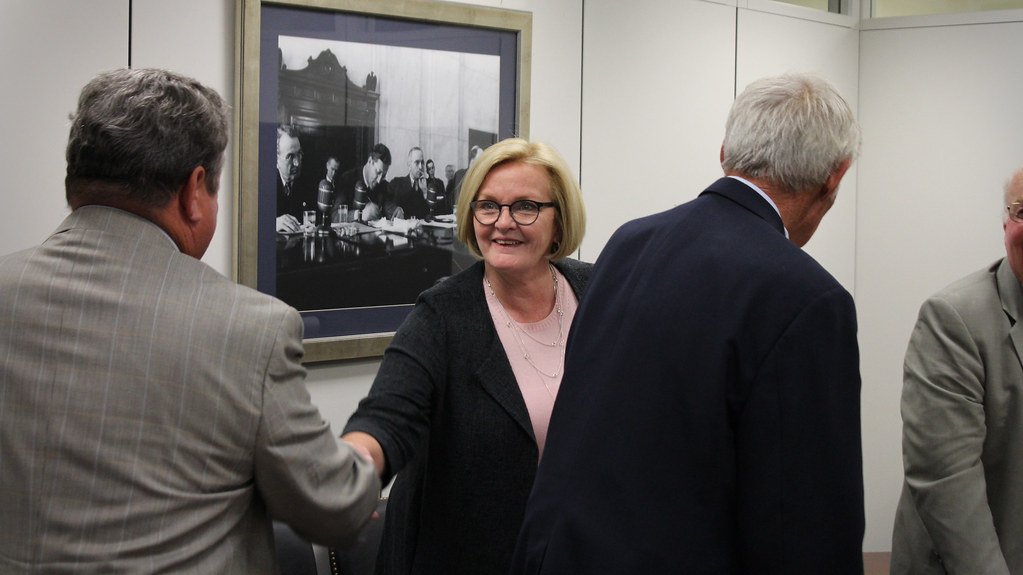Every year, as summer approaches, so does the anticipation of hurricane season in Florida. This time of heightened weather activity not only poses physical threats but also significantly impacts insurance landscapes across the state. From homeowners scrambling to secure adequate coverage to insurers recalibrating risk assessments, the intersection of hurricanes and insurance in Florida is a complex and crucial narrative. This article delves into the multifaceted implications of hurricane season on insurance, exploring historical contexts, recent developments, and the ongoing debates that shape this critical aspect of Florida’s socio-economic fabric.
Unpacking the Layers of Hurricane Season and Insurance
Hurricane season in Florida spans from June to November, encompassing months of heightened tropical cyclone activity. Insurance during this period involves several dimensions:
- Homeowners Insurance: Covers damages from windstorms, hurricanes, and related perils. However, policies often come with specific deductibles and exclusions, especially for flood damage.
- Flood Insurance: Typically not included in standard homeowners policies but essential in flood-prone areas. The National Flood Insurance Program (NFIP) or private insurers offer flood coverage.
- Business Interruption Insurance: Protects businesses from financial losses due to hurricane-related closures or disruptions.
- Windstorm Insurance: Specific coverage for wind-related damages, crucial in hurricane-prone regions like Florida.
Understanding these layers helps homeowners and businesses prepare adequately for potential risks associated with hurricanes.
Navigating the Challenges and Debates
One of the main challenges is the affordability and availability of insurance coverage. Florida’s high-risk profile for hurricanes has led to increased premiums and deductibles, making comprehensive coverage expensive for many residents. Insurers face the ethical dilemma of balancing profitability with providing affordable coverage in a state prone to frequent and severe weather events.
Recent debates include the role of state and federal governments in subsidizing insurance premiums to make coverage more accessible, as well as discussions on sustainable building practices and infrastructure improvements to mitigate hurricane impacts.
Real-world Echoes: Case Studies and Applications
Consider the aftermath of Hurricane Irma in 2017, which caused over $50 billion in damages across Florida. Homeowners with robust insurance policies were better equipped to rebuild and recover compared to those with insufficient coverage. This underscores the critical importance of adequate insurance preparedness in mitigating financial losses and facilitating quicker recovery post-disaster.
Another example is the innovative use of parametric insurance in the Caribbean, where insurers pay out predetermined amounts based on storm intensity rather than actual damages. This approach not only expedites claims processing but also ensures timely financial assistance to affected policyholders, showcasing opportunities for insurance innovation in hurricane-prone regions.
Q&A Section
How can homeowners prepare for hurricane season regarding insurance?
Homeowners should:
- Review and update their insurance policies annually.
- Ensure adequate coverage for wind, flood, and other relevant perils.
- Maintain an inventory of personal belongings for claims purposes.
What are the typical exclusions in homeowners insurance policies related to hurricanes?
Most homeowners policies exclude flood damage. Other common exclusions may include damages from storm surges or sewer backups during hurricanes.
Is flood insurance mandatory for homeowners in high-risk flood zones?
If you have a federally backed mortgage and your property is in a high-risk flood zone, federal law requires you to have flood insurance. Even if not mandated, it’s highly recommended due to Florida’s susceptibility to flooding.
How are insurance premiums determined during hurricane season?
Insurance premiums during hurricane season are influenced by factors such as the property’s location, its vulnerability to hurricanes, the chosen coverage limits, and the insurer’s risk assessment.
For further reading and to explore insurance options for hurricane season in Florida, visit these resources:
- National Hurricane Center
- Federal Emergency Management Agency (FEMA)
- Florida Office of Insurance Regulation
- Insurance Information Institute
- National Flood Insurance Program



